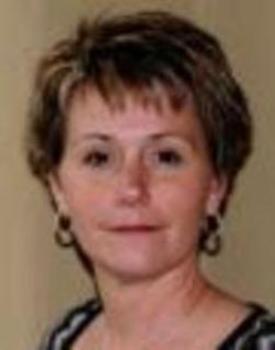Note: This article will be peer-reviewed for ASHA CEUs. If you are interested in receiving ASHA CEUs, be sure to check back.
Introduction
Our senses connect us to the outside world. They help us perceive and structure our surroundings. Hearing is probably our most important sense as it gives us access to spoken language necessary for the development of speech, language, and communication in general.
Development of speech and language in children is a continuous process, in which the first years of life are of the greatest importance (see Stollman, 2003 for review). Normal function of the auditory sensory organs and the central auditory pathways is prerequisite for normal development of speech and language in children (Stollman). For a number of children, the process of developing speech and language is hampered and their ability to communicate effectively does not develop in a straightforward fashion.
During the past decade the subject of (central) auditory processing disorders has received a growing amount of attention because of the possible link between auditory processing disorders and learning disabilities in general, and language impairment in particular (Stollman). To better understand auditory processing disorders, it is important to understand auditory processing of spoken language and the way it influences a person's ability to communicate and learn.
Background
Some school-aged children have normal auditory thresholds yet appear to have a hearing impairment. They are described by their parents and teachers as children who are uncertain about what they hear, have difficulty listening in the presence of background noise, struggle to follow oral instructions, and find understanding rapid or degraded speech difficult. In a significant proportion of these children, the listening problems result from an auditory processing deficit: the defective processing of auditory information in spite of normal auditory thresholds (Jerger and Musiek, 2000).
Auditory processing disorder or APD has been erroneously confused with other disorders such as dyslexia, learning disabilities, attention-deficit/hyperactivity disorders, etc. Fortunately, recent developments show a growing awareness of the disorder on the part of professionals, parents, educators, and the general public. Numerous sites have emerged on the internet. Clinical programs addressing auditory processing and its disorders are being developed. These programs focus on interdisciplinary collaboration among speech-language pathologists, neuroscientists, neuropsychologists, and professionals and scientists in countless other disciplines. They are united in their quest to define, understand, diagnose, and treat auditory processing disorders (Bellis, 2003).
Auditory Processing of Spoken Language
Most of us take hearing for granted; that is, sound such as speech occurs somewhere in the environment around us, and we, quite simply, "hear" it. However, between the arrival of speech at the eardrum and our perception of it, a very large number of mechanical and neurobiological operations intercede (Musiek & Chermak, 1997). Furthermore, the act of hearing does not end with the mere detection of an acoustic stimulus. Information processing theory states that both bottom-up factors (or sensory encoding) and top-down factors (or cognition, language, and other higher order functions) work together. Both factors have an influence on processing of auditory input and thus determine a person's ability to understand auditory information. Furthermore, much of what is considered to be central auditory processing is preconscious; that is, it occurs without the listener being aware of it. At the same time, even the simplest auditory event is influenced by higher level cognitive factors such as memory, attention, and learning (Bellis, 2003).
